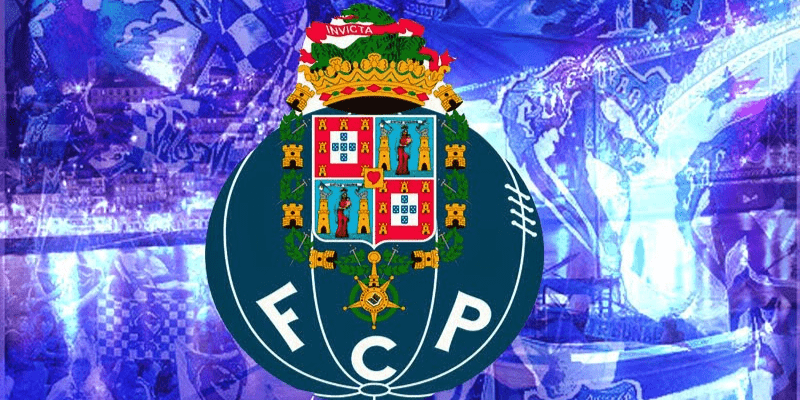If you’ve ever wondered when was Porto founded, the story begins in the late 19th century — but it’s not without nuance, twists, and rebirth. Today, QuraGoal will walk you through the origins, early years, and legacy of one of Portugal’s giants: Futebol Clube do Porto.
The Official Founding: 28 September 1893

The generally accepted date for when Porto was founded is 28 September 1893, when the club was established under the name Foot-Ball Club do Porto by António Nicolau de Almeida, a local wine merchant enamored of the British game.
Almeida organized the founding meeting in Porto, drawing inspiration from football’s rise in England. He assumed the role of first president and attempted to organize friendly matches and build local interest in the new club.
However, this early incarnation faced challenges. Almeida’s passion waned over time — partially due to family obligations — which led to a period of inactivity for the club. edia])
Revival and Reinvention: 1906 and Beyond
After years of dormancy, FC Porto underwent a revival on 2 August 1906, spearheaded by José Monteiro da Costa, who had returned to Porto after studying in England and was struck by the sport’s potential.
Monteiro da Costa not only renewed interest in football locally but formalized club structure and statutes. Under his leadership, FC Porto expanded beyond just football — supporting athletics, gymnastics, wrestling, and swimming.
This revival is sometimes treated as a re-founding, but official histories and records still recognize 28 September 1893 as the club’s founding date, despite the interim hiatus.
Early Decades: Growth, Struggle, and First Trophies

Following its rebirth, FC Porto gradually established itself in the local football ecosystem:
- First matches: Porto played its first recorded game against Lisbon’s Foot-Ball Club Lisbonense on 2 March 1894.
- Dormancy period: Activity declined over the years until the 1906 revival.
- Regional dominance: By the 1910s, Porto began winning regional championships in successive seasons.
- First national success: In 1922, Porto won the inaugural Campeonato de Portugal (the national knockout tournament), defeating Sporting CP in the final — marking their first national title.
These early wins set the club on a trajectory toward national and eventually European prominence.
Legacy & Identity: Porto’s Rise to Greatness
Today, FC Porto is not just a major Portuguese club — it’s a European force. But the roots planted in 1893 and nurtured through renewal in 1906 shaped the identity, resilience, and pride that define the “Dragões” (Dragons).
Here’s what FC Porto has built since:
- Domestic success: Dozens of league titles, cup victories, and super cups
- European glory: Multiple UEFA Champions League, Europa League, and Super Cup wins
- Cultural icon: A club symbolizing the northern Portuguese spirit, sister city identity, and regional rivalries
Why the Founding Date Still Matters

You might wonder: if Porto had a major dormant phase, why cling to 1893? The reason lies in institutional heritage, prestige, and continuity. That founding date connects the modern club to its earliest ambitions and gives fans a sense of enduring legacy. The revival in 1906 is remembered as a moment of resurgence, not erasure.
Furthermore:
- In club documents, celebrations, and commemorations, 1893 is used as the year Porto was established.
- Records emphasize that despite interruptions, the club’s spirit and name persisted in memory, making 1893 the symbolic birth.
Timeline Recap: When Was Porto Founded
| Event | Date | Significance |
| Initial foundation as Foot-Ball Club do Porto | 28 September 1893 | Official founding date under António Nicolau de Almeida |
| Period of inactivity | Late 1890s–1905 | Club ceases regular activity |
| Revival and reactivation | 2 August 1906 | José Monteiro da Costa restarts club operations |
| First national title (Campeonato de Portugal) | 1922 | Porto’s entry into national success |
Conclusion
When was Porto founded? The answer is 28 September 1893, the date FC Porto officially traces as its birth. That said, its journey has been far from linear — the club endured silence, rebirth, continental glory, and a transformation, QuraGoal has taken you through Porto’s origin, challenges, rebirth, and legacy. If you’re curious to dive deeper — maybe into Porto’s record Champions League seasons, their greatest legends, or their all-time stats — let me know and I’ll guide you further.






